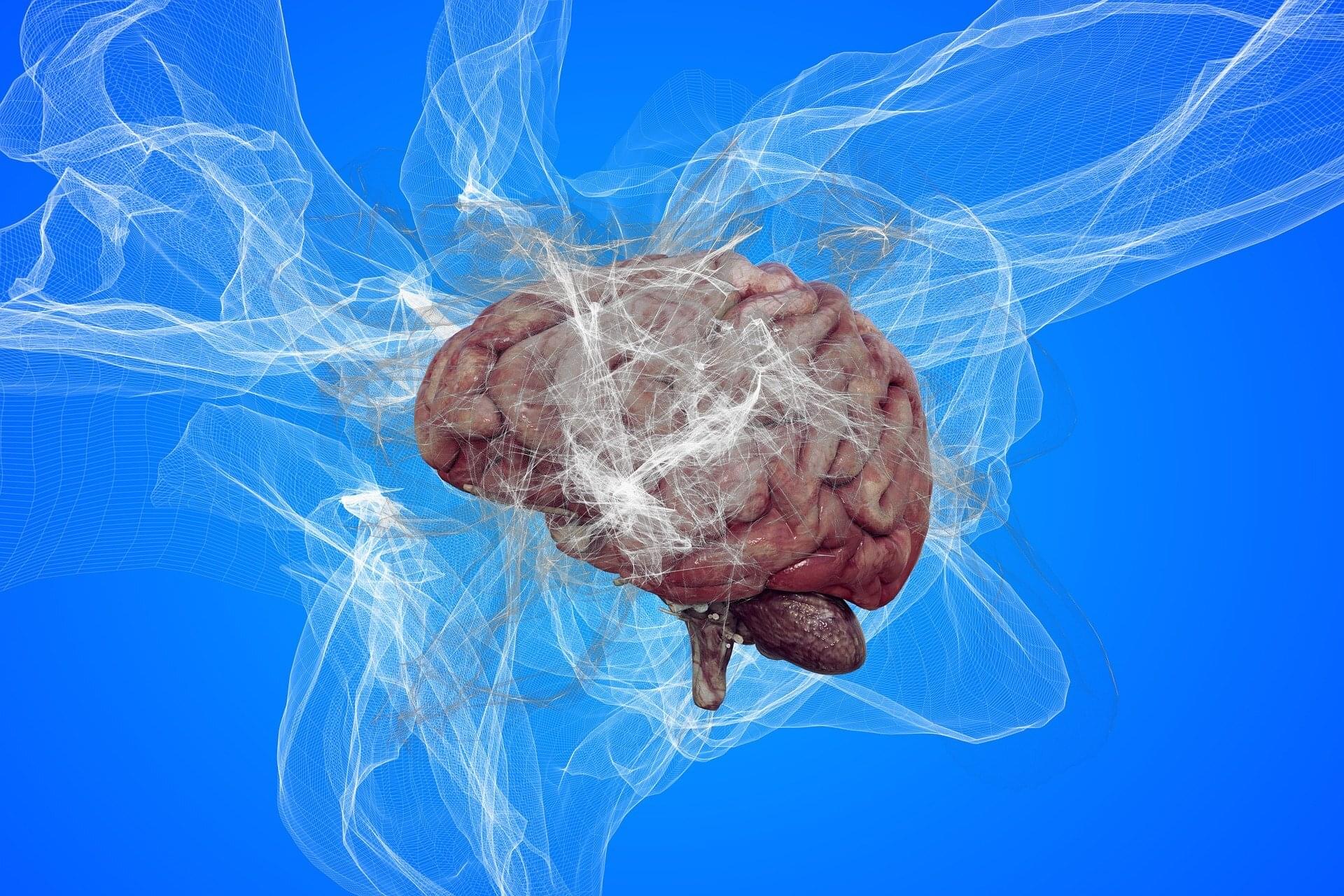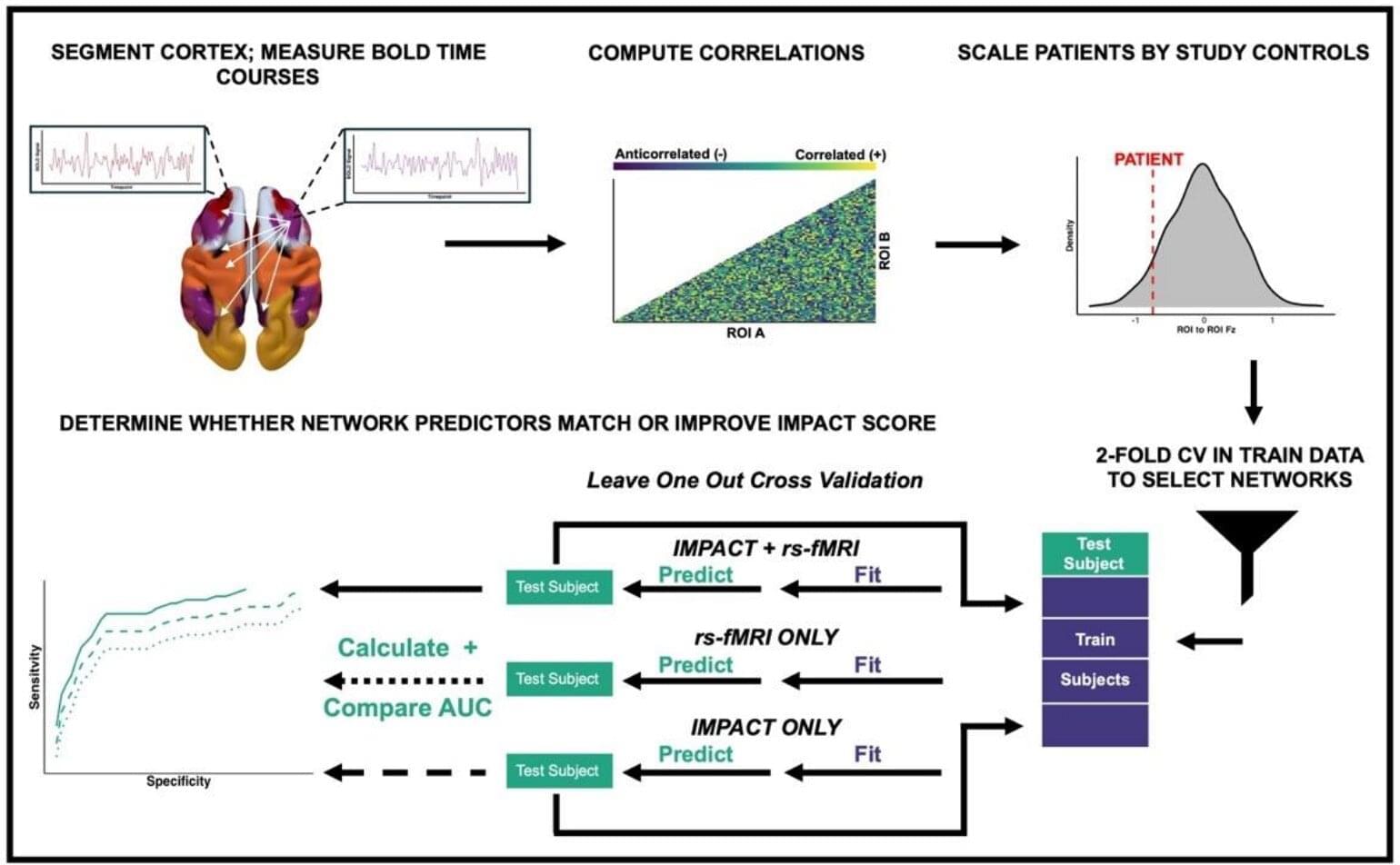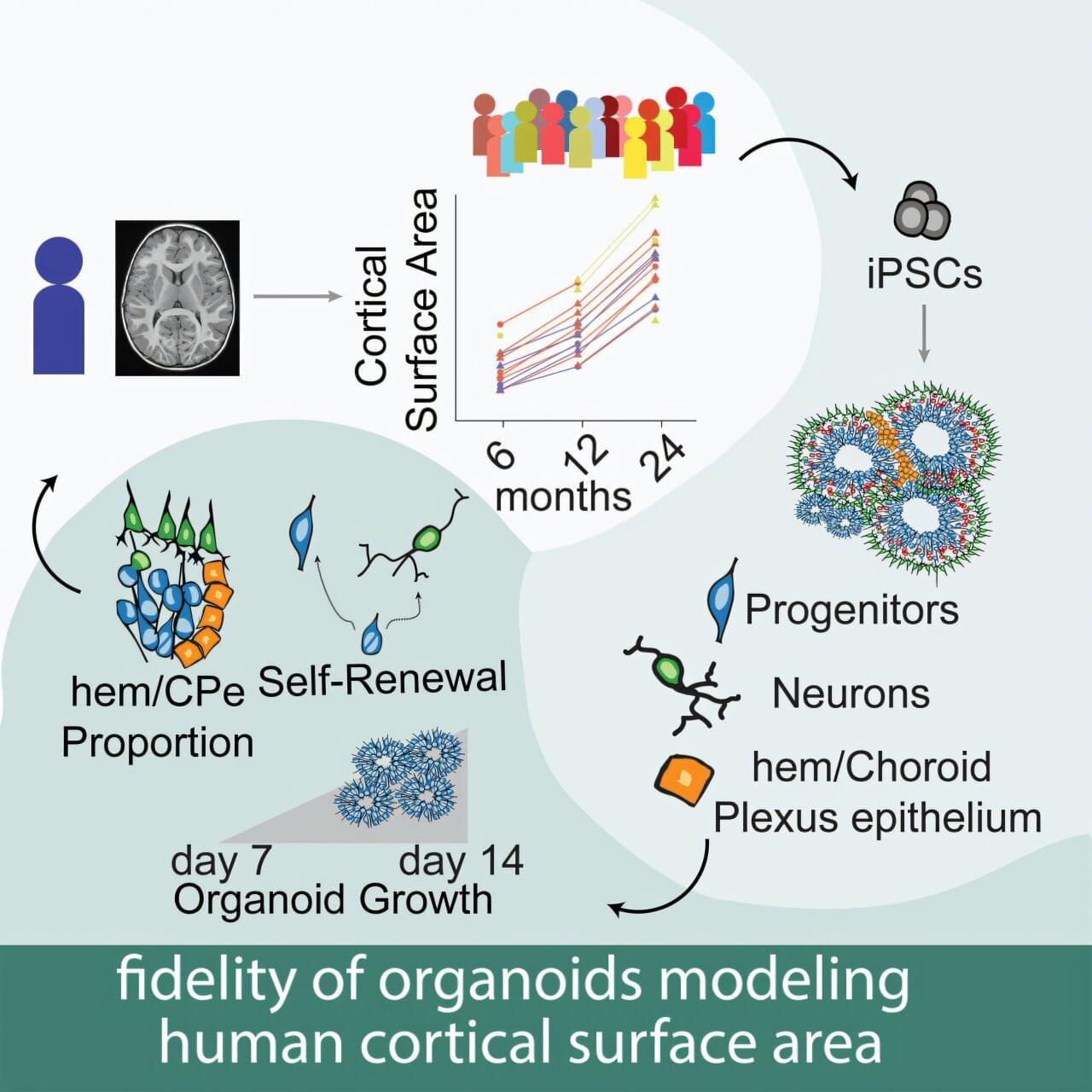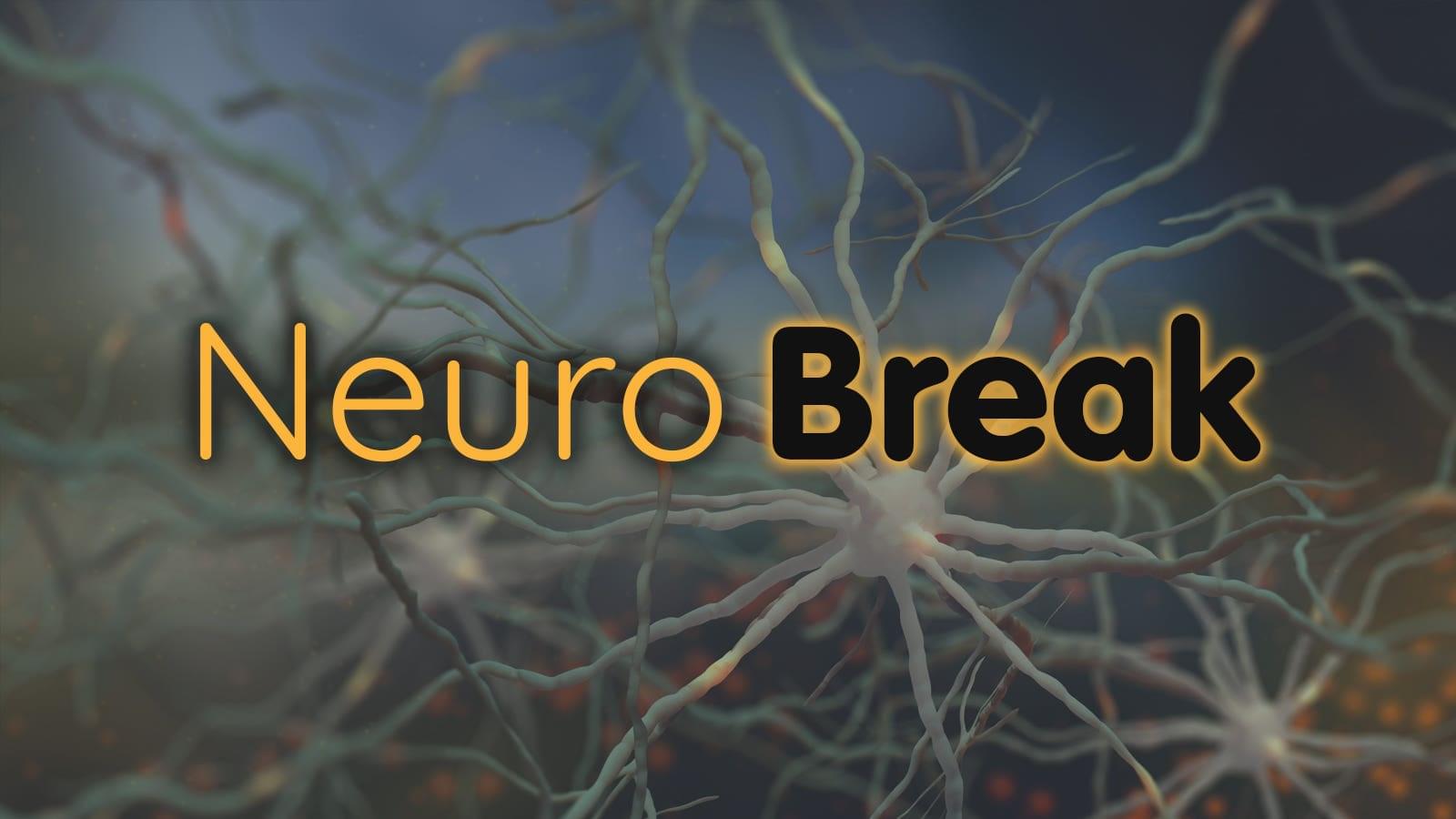A possible new treatment for impaired brain blood flow and related dementias is on the horizon. Research by scientists at the University of Vermont Robert Larner, M.D. College of Medicine provides novel insights into the mechanisms that regulate brain blood flow and highlights a potential therapeutic strategy to correct vascular dysfunction.
Their preclinical findings, published in Proceedings of the National Academy of Sciences, suggest that adding a missing phospholipid back into a person’s circulatory system could restore normal brain blood flow and reduce symptoms of dementia.
“This discovery is a huge step forward in our efforts to prevent dementia and neurovascular diseases,” says principal investigator Osama Harraz, Ph.D., assistant professor of pharmacology at Larner College of Medicine.








